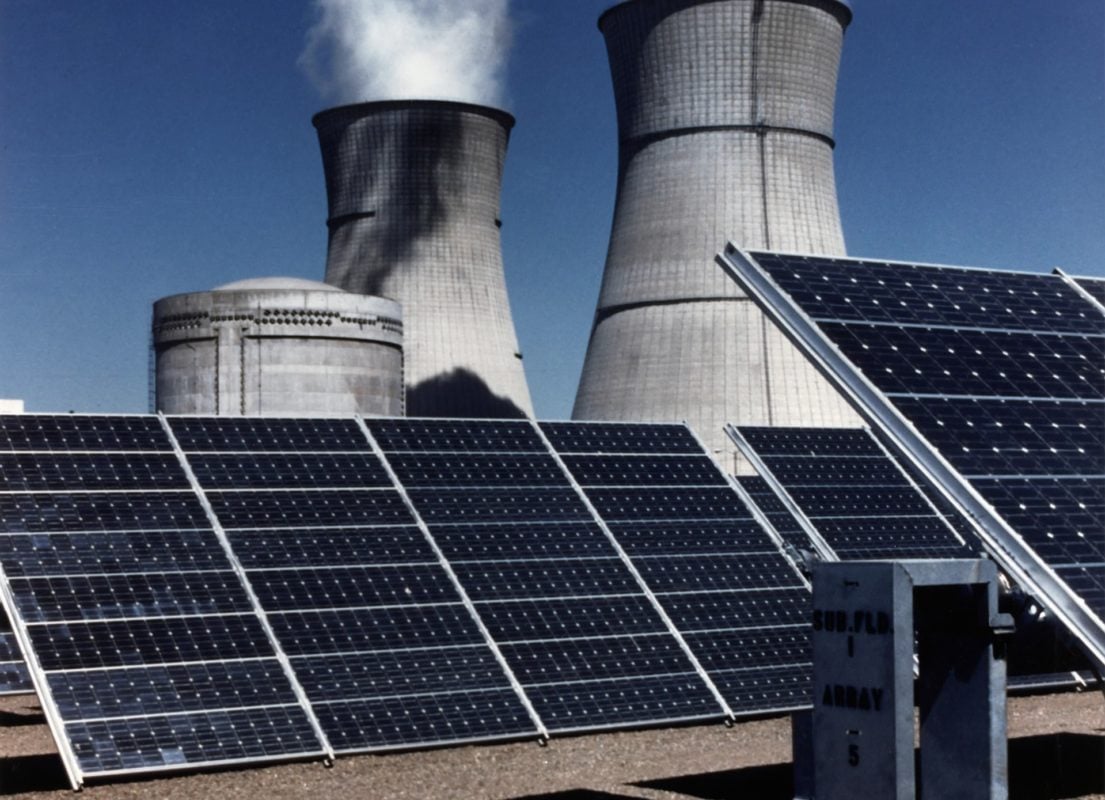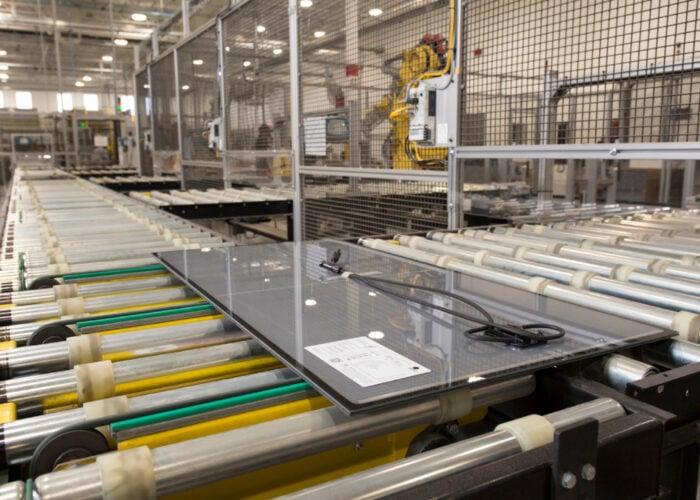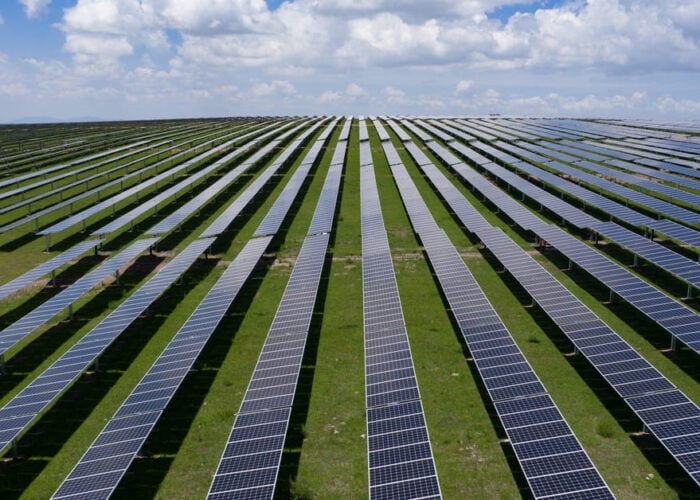
The International Energy Agency (IEA) has urged world countries to drive a doubling of renewable investment this decade, helping reverse a flatlining aggravated by the COVID-19 outbreak.
A new report from the agency warned the pandemic will trigger a US$400 billion drop (equivalent to a 20% contraction) in global energy spending in 2020, where a 2% year-on-year increase had been predicted before the health emergency came to grip the world.
Try Premium for just $1
- Full premium access for the first month at only $1
- Converts to an annual rate after 30 days unless cancelled
- Cancel anytime during the trial period
Premium Benefits
- Expert industry analysis and interviews
- Digital access to PV Tech Power journal
- Exclusive event discounts
Or get the full Premium subscription right away
Or continue reading this article for free
The IEA – which had said last week COVID-19 would “hurt but not halt” renewable deployment – followed a similar line with its new analysis on energy investment, noting that funding to renewables is proving “more resilient” and will grow to hit a larger share of energy spending in 2020.
According to the new projections, capital spending on solar, wind and others will (see table below) drop worldwide by 10% year-on-year. The fall will be markedly less pronounced than across upstream oil and gas (33%) and fossil fuels (15%), the IEA's report said.
However, the agency went on to say, the pandemic’s implications will be clear for utility-scale solar and wind players, with Q1 2020 financial investment decisions dipping to levels not seen since 2017. For consumer-reliant distributed solar operators, the impacts will be “more dramatic”, the IEA said.
As the IEA noted, the COVID-19 blow follows years of flatlining clean energy investment. The annual funding volumes of US$219-264 billion since 2015 are “nowhere near enough” and must more than double over the next 10 years to keep global warming at bay, said executive director Fatih Birol.
Global investment across energy segments in 2018, 2019 and 2020
| Year | Renewables | Fossil fuels | Upstream oil and gas | All energy sectors |
|---|---|---|---|---|
| 2018 | US$308 billion | US$130 billion | US$480 billion | US$1.9 trillion |
| 2019 | US$311 billion | US$130 billion | US$483 billion | US$1.89 trillion |
| 2020 (estimate) | US$281 billion | US$111 billion | US$322 billion | US$1.52 trillion |
Source: IEA’s World Energy Investment 2020
‘Deeply troubling’ slowdown as COVID-19 grips state-run firms
The IEA’s solution to reviving green energy investment was the same the agency has been advocating for in recent weeks. Policymakers have, the watchdog say, a chance to embed energy and climate goals in the COVID-19 stimulus packages, much like EU lawmakers are working to do.
The IEA acknowledged the current risk of countries falling back on coal and other “familiar levers” of growth. If they back solar and wind instead, nations may find these technologies are among the cheapest form of new generation and make financial sense for investors, the agency said.
However, the potential on paper does not guarantee countries will push green energy to the heart of COVID-19 recovery plans, the IEA said, noting that the momentum around institutionally financed renewables has so far revolved around developed European and North American nations.
Describing the findings of a likely 20% drop to energy funding in 2020 as “deeply troubling”, the IEA’s Birol pointed at the issue of increasingly indebted state-run firms, with finances squeezed by COVID-19. As he noted, these operators account for over half of energy investment in the developing world.
“Energy-related government revenues – especially in the main oil and gas exporting countries – have been profoundly affected, with knock-on effects on the budgets available to state-owned energy enterprises,” the IEA’s report indicated.
The warnings around stalled renewables investment come as Solar Media’s own events suggest solar finance is weathering COVID-19 impacts so far. As firms noted at the recent Large Scale Digital series, subsidy-free appetite remains strong despite the blow from tumbling power prices.
PV Tech has set up a dedicated tracker to map out how the COVID-19 pandemic is disrupting solar supply chains worldwide. You can read the latest updates here.
If you have a COVID-19 statement to share or a story on how the pandemic is disrupting a solar business anywhere in the world, do get in touch at [email protected] or [email protected].






